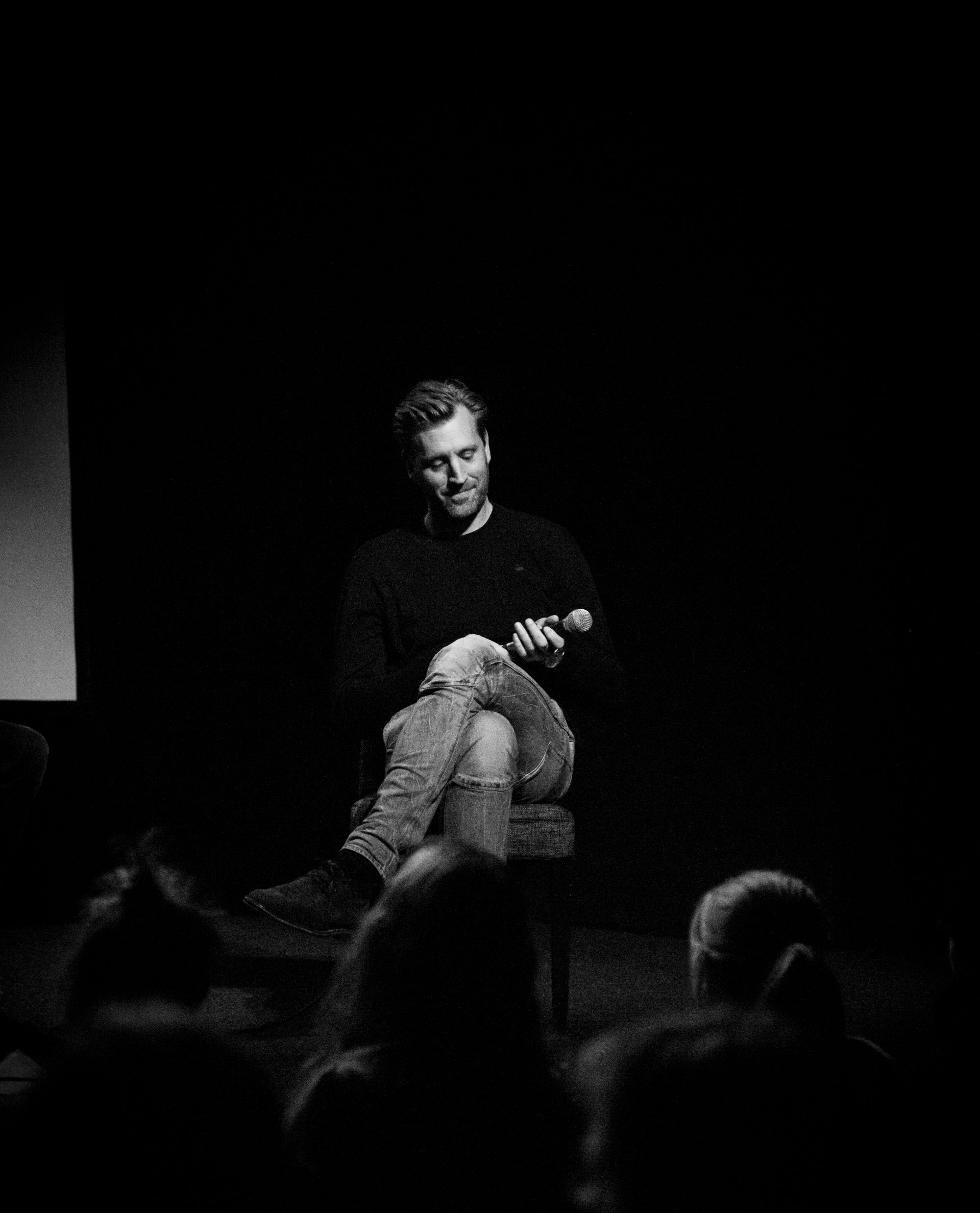The other day I gave a public lecture on the current transformations in the Middle East and technological development in the region, mainly to an audience of educational kind. The seminar included three speakers of different backgrounds and with different angles on the development in the region. Mine was on media technology, the others on religion and conflicts respectively. I tried to narrow down and focus upon the current debate of the role of technology in the revolutions or uprisings in the region during the last two years.
The context in which the revolutions in the Arab world has progressed need to be reflected upon. It is not, as often been portraied in news feeds from around the region, only a question of a technical development that supported these revolutions, but rather an interaction between several social, cultural, economic and political factors. For a rich and prosperous Western world, the recent events has to a great extent been described as a social media triumph in the sense that the technology not only helped people to overthrow regimes but also be the most important player in the events. Nuances of this description of reality have been lacking. A deeper analysis of events and a balance of the above considerations to the impact and interaction is definitely needed. Not to say that I could deliver that during the short lecture on the seminar, but atleast started off in a theoretical argument.
As has been starting to show in research publications, articles and books, being published on the subject now, there is a dominating notion that technology played a vital part in the events, especially in the Arab countries. However my main concern was to question this notion and instead deliver a hypothesis of discoursive interplay, resulting in an optimistic (and often exaggerated) way of thinking around technology in this context. My main argument, as well as contextual presumtion for this interplay, is two-fold:
1/ In political turmoil and regions in conflict, the need to define triggers or components central to liberation and freedom, increases for both domestic groups as well as for the surrounding world in order to grasp the events.
2/ Interest groups in the technology-driven western society (including manufacturers, users, marketers, inverstors) benefit well from applying a discourse on the notion of technology as fundamental to people in any situation, especially during civil unrest in conflict areas.
Together with the mentioned interplay, the shared meanings and utterances of the role of technology in a specific social context, the discourse and its practices, lay the foundation of mainstream notions celebrating the role of technology and essentially provides it with a logic and human properties. Social media or mobile communication devices are being perceived as active players in democratic reforms. This deterministic way of seeing technology could in my opinion lead to a neglection of human intervention, the social conditions leading up to innovation and implementation of technology in socio-political realities (as I have argued for here).
From a scholary point of view it is basically a theoretical question of focus-point of analysis (social shaping of technology or diffusion of innovation) – however when placing the discoursive constructions of technology in a larger postmodern context of social change, it becomes more normative. The way we understand the role of technology has implications on how we see ourselves and live our lives. And this is not just a matter of technological development per se, but a general pattern in discourse constructions and how we acknowledge certain ways of thinking and talking about social phenomenon in society. When giving lectures on the subject I try to encourage students to deconstruct the interplay between citizens, media institutions, political establishments etc. Between these three main actors in the chain of political communication, there is a continuing interplay that generates norms and values on our way of thinking about the world. When market forces enter and opinion makers, lobbyist groups and other interests integrates in this chain, the interplay becomes even more intricate. At the same time the need to critically deconstruct it increases. Especially in times of political conflicts, whether we call uprisings ”revolutions” or not.
Anyway, over all I believe the seminar gave the audience an interesting approach to a complicated subject and hopefully stimulated thoughts on both current and future developments.
